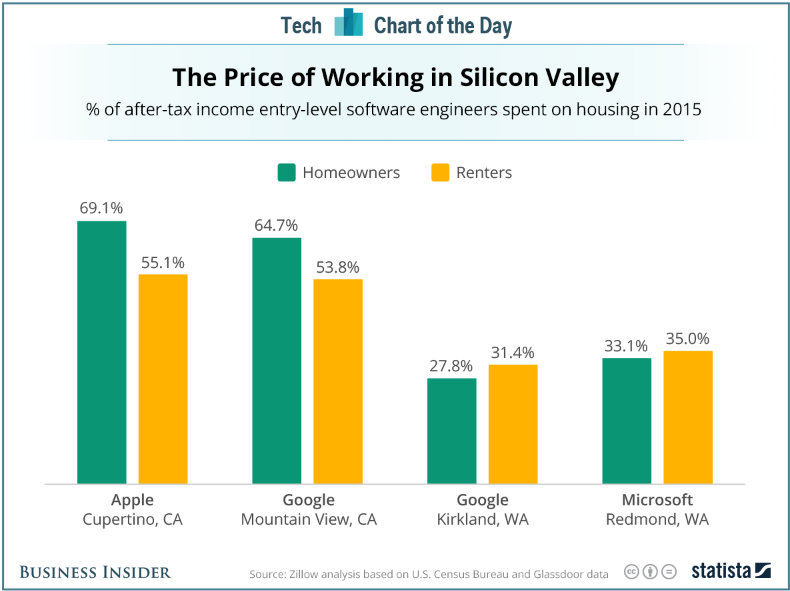SHRM’s National Conference just finished up this week. I couldn’t attend in person, but through the ‘magic’ of social media and a bunch of friends who did attend, I was able to keep up on much of the action. I saw so many great pieces coming out on Twitter, Facebook, and Facebook Live (Sorry, SHRM, some folks lived streamed some stuff!).
My friend Laurie Ruettimann also wrote a great piece on remembering many of the past SHRM National conferences she attended, check out that post it was great. With that in mind I wanted to share with you SHRM Gems I’ve gathered over the years, but instead of telling which year I got them from, I want you to guess! It’ll be fun, play along:
SHRM Gems!
1. Receiving feedback is a leadership skill that needs to be developed. Year ________
2. People get hired because of their ‘hard skills’, but fired because of their ‘soft skills’. Year ______
3. Create a culture that makes it okay to make mistakes. Year ______
4. Change is inevitable, growth is optional. Year _____
5. Hiring managers spend only 6 seconds looking at a resume before deciding if it’s worth consideration. Year ______
6. HR must be able to adapt. Year _____
7. I see humans as humans, not as resources. Year _____
8. Become a solutions machine. Year _____
9. Headcount is meaningless, focus on how you can get work done. Year _____
10. Feedback shouldn’t come as a surprise. Year _____
11. Good leaders focus on connecting people and building relationships. Year _____
Okay, so what do you think? Tough right!?
It seems like many of these we’ve been talking about for the past decade or more!
Drum roll, please! All of these quotes were taken from speakers at this year’s SHRM conference! 2016, oh, we’ve come a long way, baby…
When I first started seeing these I got a bit depressed. I was like, “Come on! We’re better than this! We’re HR Pros!” Then, I actually said this in my head, “We need to elevate the conversation!”
You want to know when the first time I heard, “we need to elevate the conversation!” It was at an SHRM National conference, about eight years ago.
That’s when it hit me. SHRM National is good because it allows HR pros from around the world, at all levels, to come and get what they need, at whatever level they’re at. All 11 items above I’ve heard at past SHRM conferences, but thousands of up-and-coming HR pros heard it for the first time this week in D.C. That’s awesome!
Just like I needed to hear that stuff at one point in my career, and still need to be reminded about much it still today, SHRM is about developing yourself at whichever level you are at currently.
I used to get frustrated when I went to SHRM and saw presenters bring back the exact same presentation that I saw them do the year before! I thought that was amateur hour. I’m the amateur. Great content, in HR, probably has at least a five-year life span, if not more. If you can nail a great presentation, with a great message, it will have legs!
I’ll be back in New Orleans next year if SHRM will have me. I missed it this year. I missed being surrounded by an engaged community of great HR pros. I missed being reminded of the vastness of this community. I missed the great reminders of what we all should be striving to accomplish each day.

